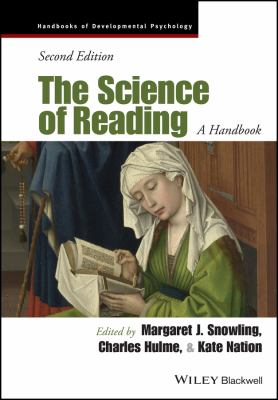
ebook
|
The science of reading : a handbook
Copies
0 Total copies, 0 Copies are in,
0 Copies are out.
Language
English
Series







